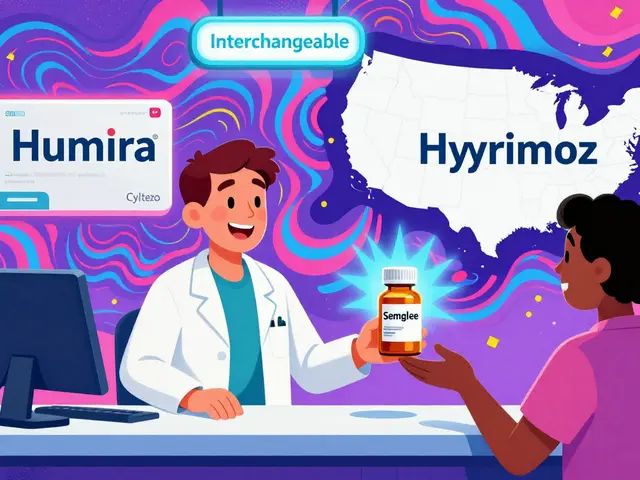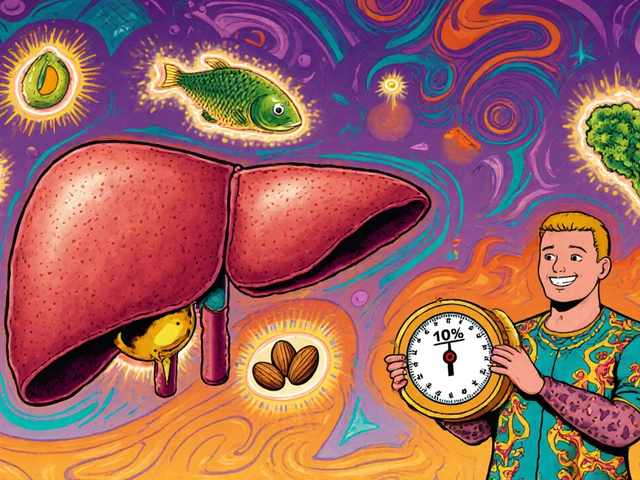Anxiety Meds: What Works, What to Watch For, and How to Stay Safe
When you’re dealing with constant worry, racing thoughts, or panic that won’t quit, anxiety meds, prescription drugs designed to reduce excessive fear and nervous system overactivity. Also known as anti-anxiety medications, they’re not a quick fix—but for many, they’re a necessary tool to regain control. These aren’t just "calm-down pills." They work by changing how your brain handles stress signals, and the right one can make a real difference in your daily life.
There are a few main types you’ll hear about. SSRIs, a class of antidepressants that boost serotonin to ease anxiety over time. Also known as selective serotonin reuptake inhibitors, they’re often the first choice because they’re not addictive and work well for long-term use. Then there’s benzodiazepines, fast-acting drugs like Xanax or Klonopin that calm the nervous system within hours. Also known as benzos, they’re powerful but risky if used too long. And don’t forget SNRIs, another antidepressant group that affects both serotonin and norepinephrine. Also known as serotonin-norepinephrine reuptake inhibitors, they’re used when SSRIs don’t cut it. Each has different pros, cons, and side effects—and none should be started or stopped without talking to your doctor.
What you won’t see in ads is how these meds interact with other things you take. St. John’s Wort, for example, can clash with SSRIs and cause serious issues. Some anxiety meds affect your liver, your muscles, or even your sleep cycle. That’s why tracking side effects matters—not just for you, but for everyone. The FDA’s MedWatch system lets patients report problems that might not show up in clinical trials. And if you’re on statins for cholesterol or taking something for acid reflux, your anxiety meds might not play nice. It’s not about fear—it’s about awareness.
There’s no one-size-fits-all here. What works for someone else might do nothing for you—or make things worse. That’s why so many people end up trying different meds, adjusting doses, or combining them with therapy. The good news? You’re not alone in this. Thousands have walked this path, and the posts below cover real experiences: how Dapoxetine helped reduce anxiety while treating premature ejaculation, how herbal supplements can interfere with prescription drugs, and why genetic testing might explain why one person tolerates a med while another can’t. You’ll find comparisons, safety tips, and stories from people who’ve been there. No hype. No guesswork. Just what you need to make smarter choices about your mental health.
Compare Atarax (Hydroxyzine) with Alternatives for Anxiety and Allergies
Compare Atarax (hydroxyzine) with top alternatives for anxiety and allergies, including buspirone, SSRIs, cetirizine, and propranolol. Learn which options work best with less drowsiness and no addiction risk.






